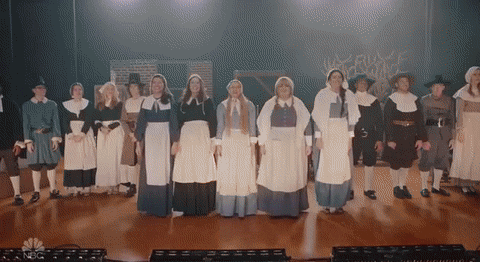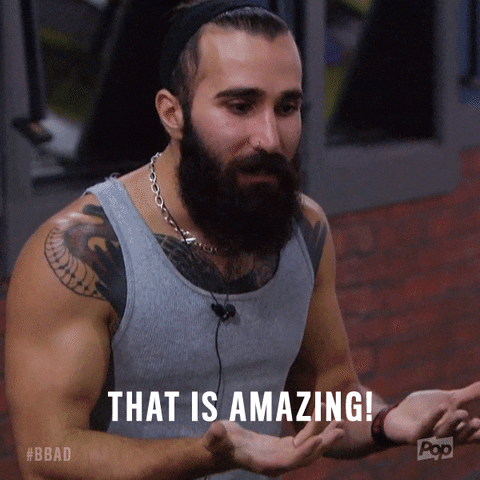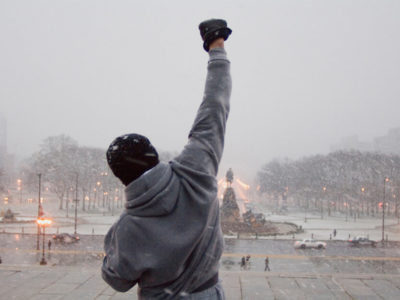If you think about TV shows, you might think of old classics like Friends and Seinfeld or modern disappointments like Game of Thrones and any of the Marvel Netflix shows. These shows all hold a special place in the landscape of entertainment and demonstrate many fine qualities; however, I find them all below the one show that has a little bit of everything: CBS’s Big Brother. The show has aired for 21 years now with a season every summer. In the 21 seasons the show has aired, CBS’s screen graced us with some of the greatest on-screen strategizing, seduction, comedy, betrayal, domination and athleticism. You could label it as a reality show, yet a game show as well. It has real people, real emotions, real stakes, real winners and real losers.
It has also changed my life in a fundamental way, improving the way I process information and the style in which I view life itself.

Big Brother has a complex set of rules compared to other reality and game TV shows. The show sees a group of around sixteen contestants pack their bags and move into a Californian house for the summer. The houseguests then slowly prey on their own, voting each other out one by one until the final houseguest standing has either avoided or orchestrated the destruction of the other houseguests. The game provides an extremely insightful view into mental warfare and social manipulation, as the houseguests form and betray alliances and authentic relationships during their stay in the house.
The show gets its name from Orwell’s iconic 1984. CBS pays homage to the big badass of dystopian literature by referencing the omnipresent figure in 1984 in the title of their show. The title fits the concept of the show to a tee, since the only way the antics of the houseguests gets recorded through a network of cameras and microphones spread around the house. The footage gets taken from these cameras and edited into three pre-recorded shows a week with a live eviction at the end of one show. Big fans, though, don’t need to limit themselves to three hours of content because they can tap into the live feeds to watch the houseguests 24/7. This also seems pretty Orwellian to me.
In my life, Big Brother has created an important space for itself to occupy.

That space controls the Wednesdays, Thursdays and Sundays of my summer months, it controls a small portion of my life goals and it helped shape the way I view social interactions . In the early days of high school, I began watching the show because my girlfriend forced me. I hated it the first couple of times because I didn’t understand the concept of the game, I didn’t see the intense cunning and situational dominance at play. That changed, though, after I witnessed a real-life eviction. In the show, houseguests get forced out of the house because of the game show nature of Big Brother.
I witnessed the eviction in the drama club of my high school when a student didn’t get the lead in the musical. High school theater operates very similar to the Big Brother house—participants align with and betray one another in a fierce power struggle that leaves only the select few unscathed. I saw the pride and joy of the drama club get eaten alive and ostracized by the very people who idolized him months earlier when he played Bobby in Company. Bobby’s ego plummeted and, after a semester of ridicule and social warfare, he left the program. The next summer, as Big Brother began airing for its 19th season, I sat on my girlfriend’s couch and observed the TV with new eyes. The conniving and puppeteering of the houseguests no longer existed within the four walls of the TV screen; it represented the life I actually led. The blindsides, alliances, betrayals, final two deals; they all provided entertainment, even more because of the application the lessons had for surviving my drama club.
I think the show has such a broad appeal for two main reasons.

Firstly, the cast consists of regular people of all ages from hot young models to fathers and mothers. This makes it relatable and easy for an audience member to project themselves on the characters, identifying with their favorites and against those who they find irritating to watch. The show, especially with the additional candidness provided by the live feeds, has a unique accessibility.
Big Brother has incredible value as a social experiment, the second contributing factor in its popularity. Most of us move through life with little grace, making mistakes where we have no reason to and learning from them only some of the time. Life cannot be considered easy in the slightest. Big Brother allows its audience a crash course on social interactions. The houseguests are isolated from the outside world for the duration of the season, locked in the house with no internet access. The social dynamics of the show are very similar to that of a summer camp, yet because the final houseguest wins $500,000 the tension feels much more palpable.
Day-to-day life doesn’t depend on manipulation and pitting close friends against one another is seldom a good idea.
For half a million though, morality holds less importance. While the strategies and schemes of the Big Brother houseguests may not be directly applicable to life, the concepts surely have value. The stakes in our lives tend to be more relaxed than the constantly tense house on the show, but that is not to say there is never conflict and risk in life.
This show has taught me how to maneuver through social situations with grace and understanding methods of minimizing social damage to keep my reputation intact when the road gets rough. Am I going to backstab my closest allies? Of course not. Will I play both sides of an argument among close friends so that neither group gets mad at me? Of course. Big Brother has changed my life by giving me an entertaining and in–depth look at intense social situations, which has made me appreciate and understand better how to talk to people, make friends and make the most out of life. Also, I’m going to try and win the show as soon as I qualify to be on .



















